Under the Stars: A Summer Journey Through Italy's Open-Air Theaters
There is a particular magic to an Italian summer. As the fierce heat of the day softens into a balmy evening, a new world awakens. Piazzas hum with conversation, the scent of jasmine and grilling food fills the air, and a collective sense of anticipation builds. It is in these twilight hours that one of Italy’s most enchanting cultural traditions comes to life: the outdoor theater. More than just a performance, it is a symphony of art, history, and nature—an experience that engages all the senses. For the traveler seeking to move beyond the well-trodden paths of museums and galleries, a pilgrimage to Italy’s summer outdoor theaters offers a profound and unforgettable connection to the soul of the country. From ancient Roman amphitheaters to Renaissance gardens and dramatic cliffside settings, here are the best destinations for witnessing theater under the Italian sky.
The Eternal Stage: Verona's Arena
No discussion of Italian outdoor theater can begin anywhere but Verona. The Roman Arena, a colossal pink marble amphitheater built in the 1st century AD, is the undisputed queen of this ancient art form. Its sheer scale is breathtaking; over two thousand years after its construction, it remains one of the best-preserved Roman structures of its kind. To attend a performance here, most famously the opera festival held every summer, is to participate in a ritual that transcends time.
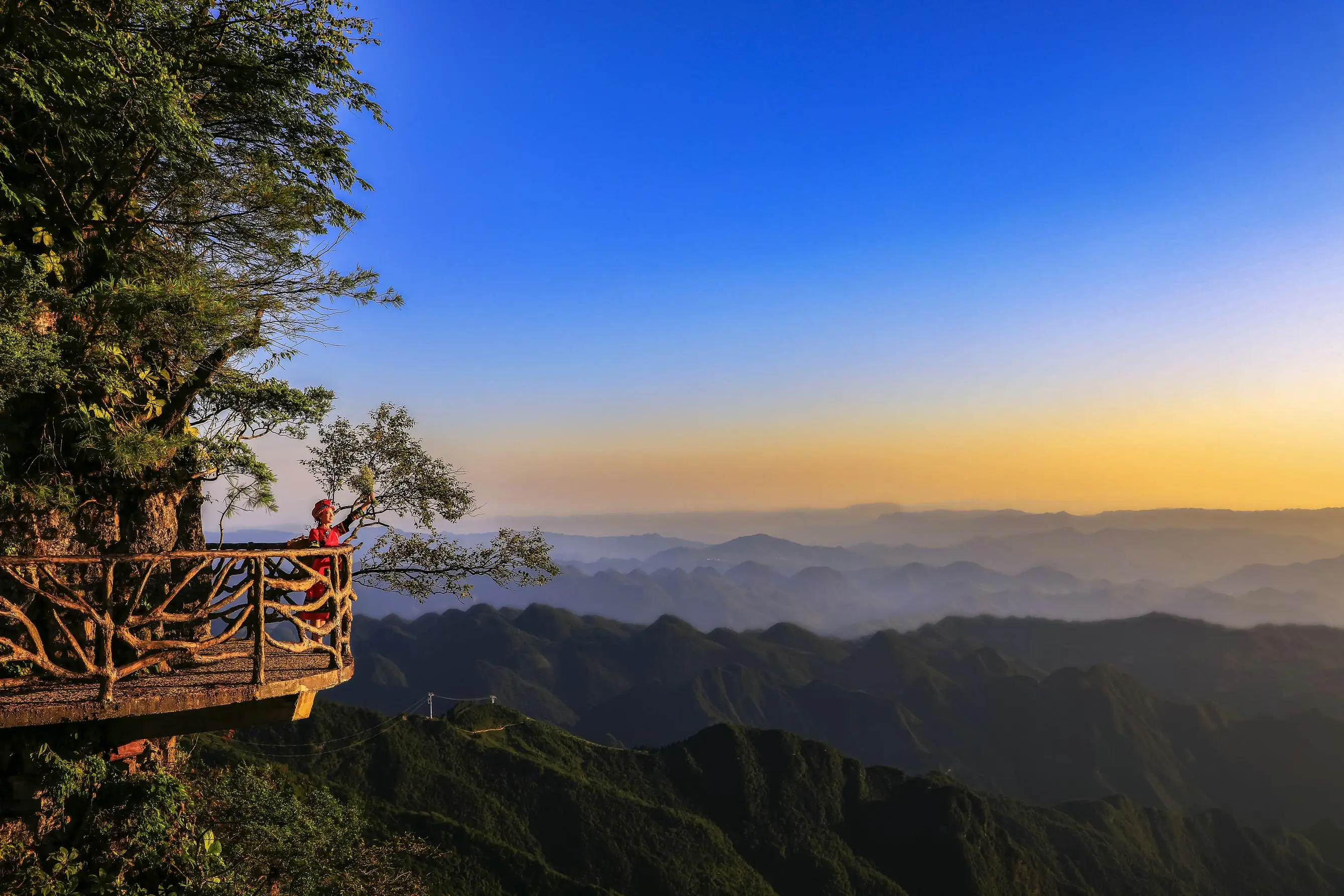
As you take your seat on the ancient stone steps (a gradinata seat is the most authentic experience, though cushions are highly recommended!), the atmosphere is electric. The buzz of thousands of spectators slowly quietens as the sun sets behind the jagged rim of the arena. Then, without the use of a microphone, the first notes of an aria from Aida or Carmen fill the vast space. The acoustics are a marvel of ancient engineering, allowing a single voice to reach every corner of the auditorium. To hear the tragic passion of Tosca or the triumphant march of Nabucco in this setting is an overwhelming experience. The performance is not confined to the stage; it is the interplay of the human drama below with the starry sky above, the ancient stones echoing with stories both old and new. The Arena di Verona Opera Festival is a bucket-list event for a reason—it is the ultimate fusion of monumental history and sublime artistic expression.
A Classical Dream: The Greek Theatre of Taormina
If Verona’s Arena is grand and imposing, the Greek Theatre of Taormina in Sicily is pure poetry. Perched high on a cliffside, this 3rd-century BC theater offers a vista that is arguably the most stunning backdrop for any performance in the world. From your seat, you gaze past the ancient stone stage and columns, over the terracotta rooftops of Taormina, to the vast, sparkling Ionian Sea and the ever-smoking peak of Mount Etna.
The summer season here, the Taormina Arte Festival, is eclectic, featuring everything from classical Greek drama and modern dance to film premieres and jazz concerts. But it is the classical plays that resonate most deeply with the spirit of the place. Watching a performance of Sophocles' Oedipus Rex or Euripides' Medea here feels less like watching a play and more like witnessing a ritual reborn. The themes of fate, gods, and human struggle seem to emanate from the very rocks. As dusk falls and Etna’s summit glows with a faint red hue, the line between the drama on stage and the dramatic landscape beyond blurs completely. The cool sea breeze carries the voices of the actors, creating an atmosphere that is both exhilarating and deeply serene. Taormina is not just a theater; it is a portal to the ancient world, where myth and reality collide under the Mediterranean stars.
A Renaissance Gem: The Boboli Gardens' Open-Air Theater, Florence
Florence, the cradle of the Renaissance, offers a more intimate but equally magnificent outdoor theater experience. Tucked away within the sprawling, sculpted beauty of the Boboli Gardens behind the Pitti Palace, is the Anfiteatro di Boboli. This unique amphitheater was carved out in the 17th century under the patronage of the Medici family, designed not for bloody gladiatorial combat but for the refined entertainment of the court.
Unlike the ancient ruins of Verona and Taormina, the Boboli amphitheater is a product of Renaissance humanism and a love for harmonious geometry. Its grassy oval, surrounded by tiers of stone seats and adorned with ancient Roman statues and an Egyptian obelisk, feels like a secret garden within a garden. Summer performances here, often comprising ballet, classical music concerts, and lesser-known operas, are an exercise in elegance. The setting is lush and romantic, with the scents of blooming flowers and trimmed grass enhancing the sensory experience. As the orchestra tunes its instruments and the first dancers appear on the stage, you are immersed in the opulent world of the Medici. It’s a reminder that in Florence, art is not only found on the walls of the Uffizi but is woven into the very fabric of the city’s landscape. An evening at the Boboli Gardens is a journey into the aesthetic ideals of the Renaissance, a perfectly curated blend of nature, sculpture, and performance.
Drama on the Rocks: The Vittoriale degli Italiani, Gardone Riviera
For a truly unique and dramatic setting, head north to Lake Garda and the extraordinary estate of the Vittoriale degli Italiani, the former home of the eccentric poet and patriot Gabriele d'Annunzio. This sprawling complex is a monument to d'Annunzio’s flamboyant life and is, in itself, a work of theater. The crown jewel of the estate is the Parco del Vittoriale, which cascades down the hillside towards the lake, and within it lies the stunning Teatro all'aperto (Open-Air Theater).
Modeled on the classical Greek theater of Epidaurus, this 20th-century creation is nestled into the rocky terrain, with the stage seemingly emerging from the cliffs and the blue waters of Lake Garda forming a breathtaking panorama behind it. The programming is as adventurous as the man who inspired the place, featuring contemporary plays, avant-garde performances, and classical concerts. The experience is intensely atmospheric. The lapping of the lake’s waves provides a natural soundtrack, and the lights of distant villages twinkle across the water as the performance unfolds. It feels remote, exclusive, and deeply connected to the raw beauty of the Italian lakes. Attending a show at the Vittoriale is less about historical reenactment and more about engaging with a powerful, almost surreal, artistic vision in one of the most naturally beautiful settings imaginable.
The Rustic Charm: Teatro del Silenzio, Lajatico
Our journey concludes in the heart of rural Tuscany, in the rolling hills of the Valdera near the tiny village of Lajatico. This is the birthplace of the legendary tenor Andrea Bocelli, and it is here that he conceived one of Italy’s most poignant theatrical concepts: the Teatro del Silenzio, or "Theater of Silence." True to its name, this extraordinary amphitheater remains silent for 361 days of the year, its stage empty, its stone seats overlooking a stunning natural basin. But for one magical night each July, the silence is broken for a spectacular concert, often featuring Bocelli himself alongside international stars.
The setting is pure, unadulterated Tuscan countryside—cypress trees, vineyards, and golden fields stretching to the horizon. The temporary stage is used to create monumental installations; past years have seen giant sculptures of a human hand, a sleeping head, or a labyrinth, which become integrated into the performance. The event is a celebration of music, land, and community. As the sun sets over the hills, painting the sky in shades of orange and purple, and the first notes rise into the air, the sense of occasion is palpable. It is a reminder that the most powerful stages are not always the most ancient or ornate, but those that speak most directly to the human spirit and its connection to a sense of place. The Teatro del Silenzio is a modern addition to Italy's theatrical landscape, yet it captures the timeless essence of what makes these outdoor performances so special.
Planning Your Theatrical Pilgrimage
Experiencing Italy's summer theater requires some planning. Tickets for major venues like Verona and Taormina sell out months in advance, so book early. Remember that performances often start late (around 9:00 PM) to accommodate the sunset. Dress code is generally smart-casual; while you won’t need a tuxedo, a sense of occasion is appreciated. Most importantly, come with an open mind and a willingness to be swept away. The performance is just one part of the story; the true magic lies in the alchemy of art, history, and the warm Italian night. So, this summer, step out of the museum queue and into an ancient amphitheater. Take your seat, wait for the lights to dim, and prepare for an evening you will never forget.
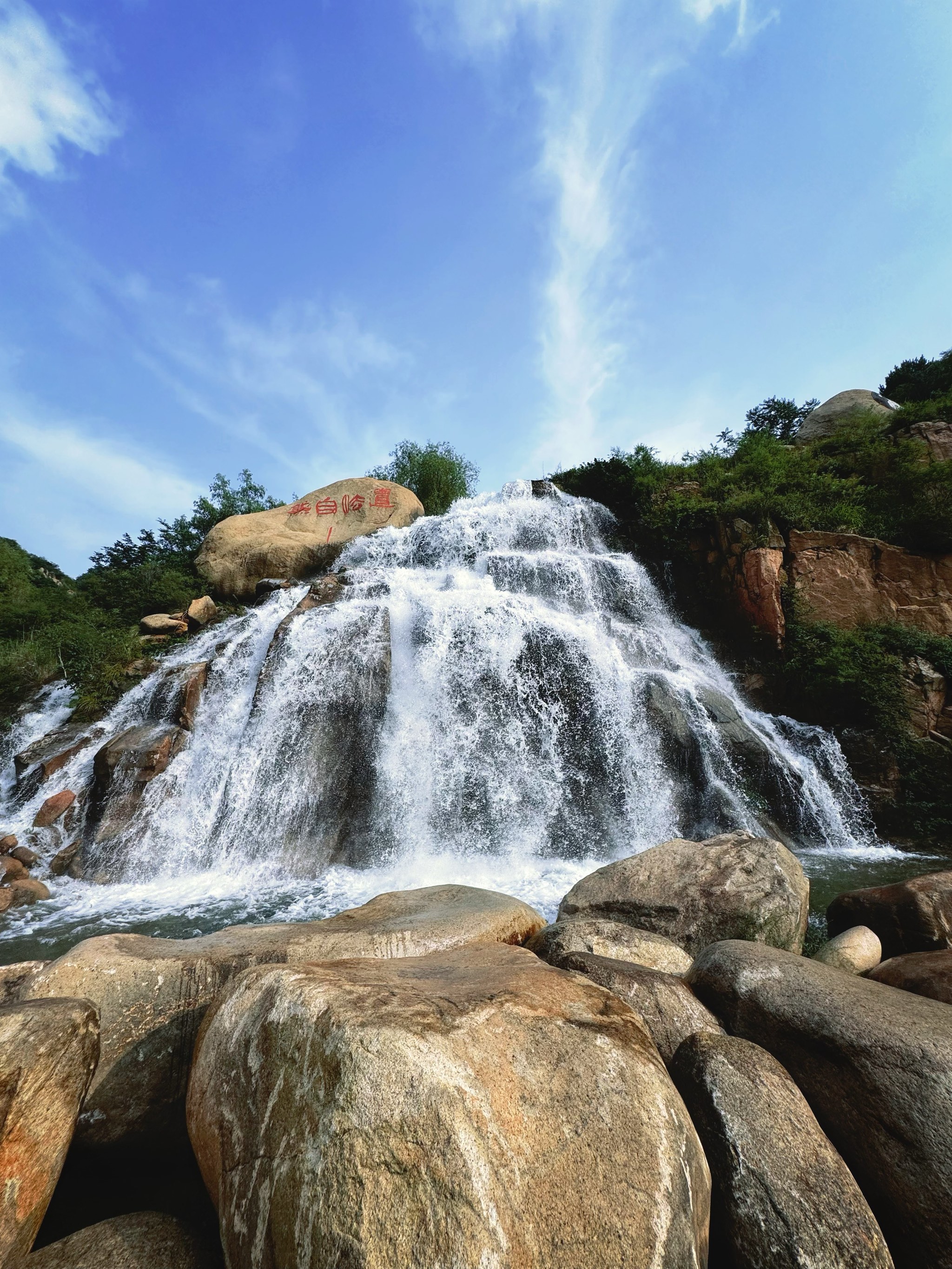
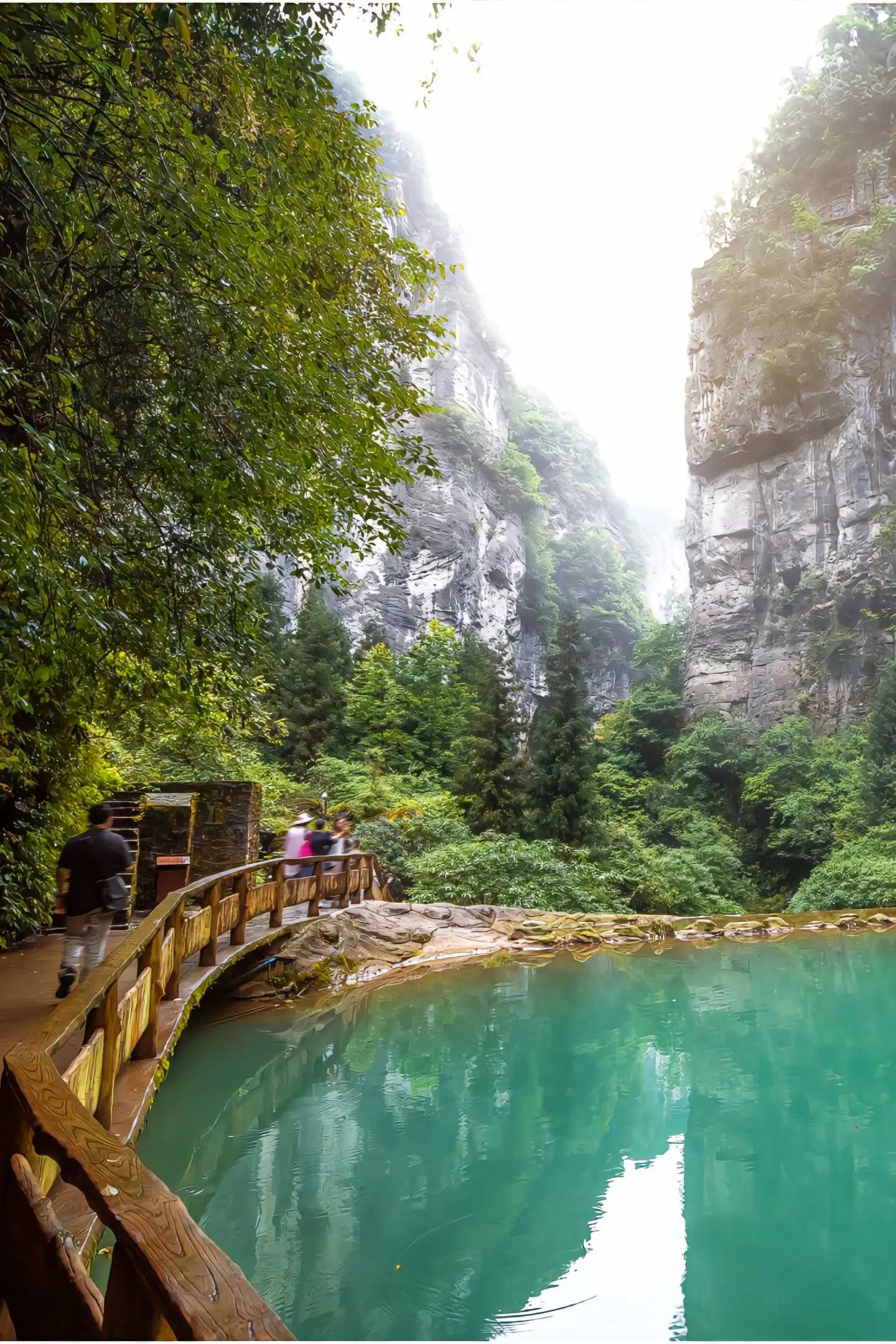
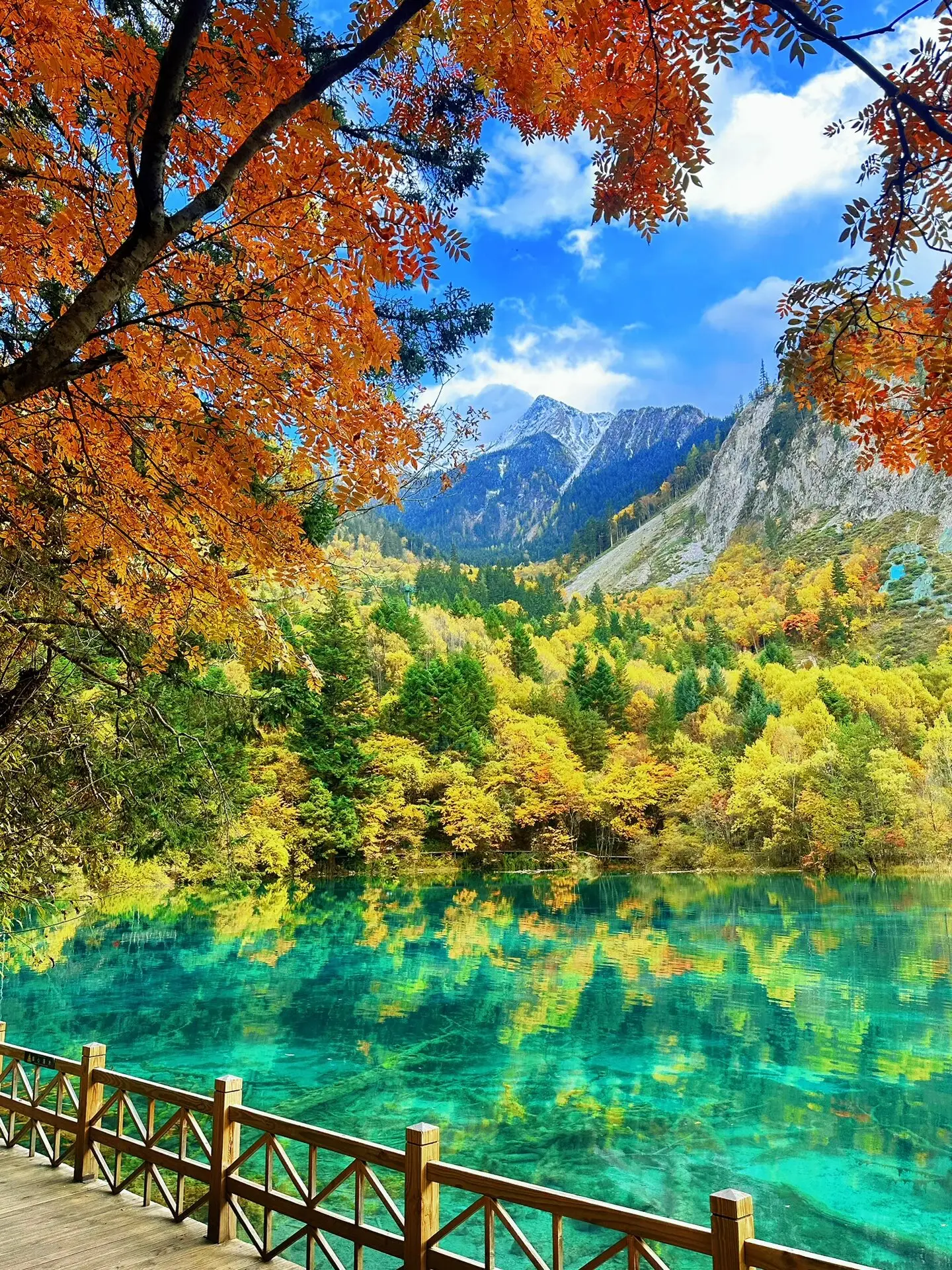
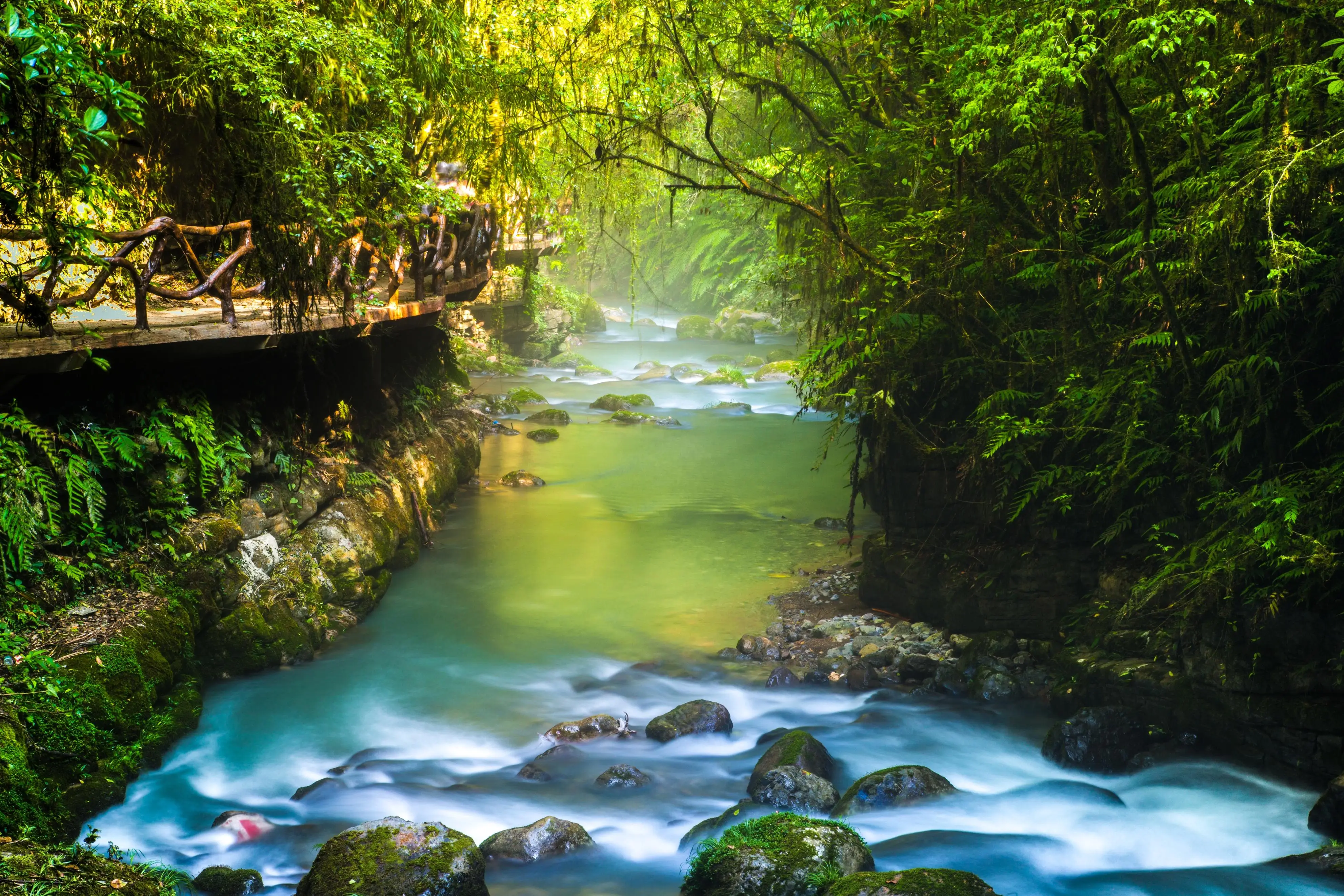
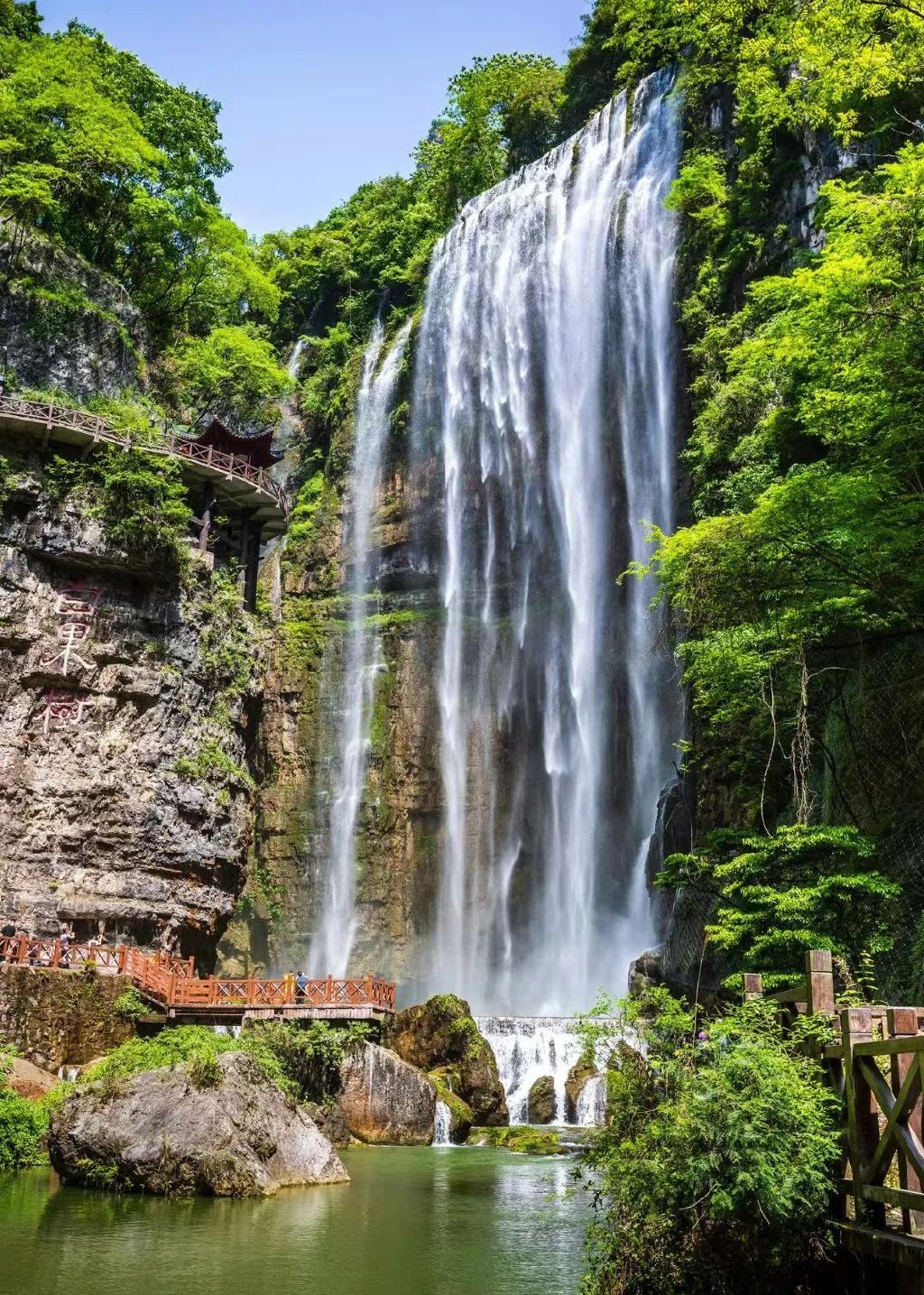
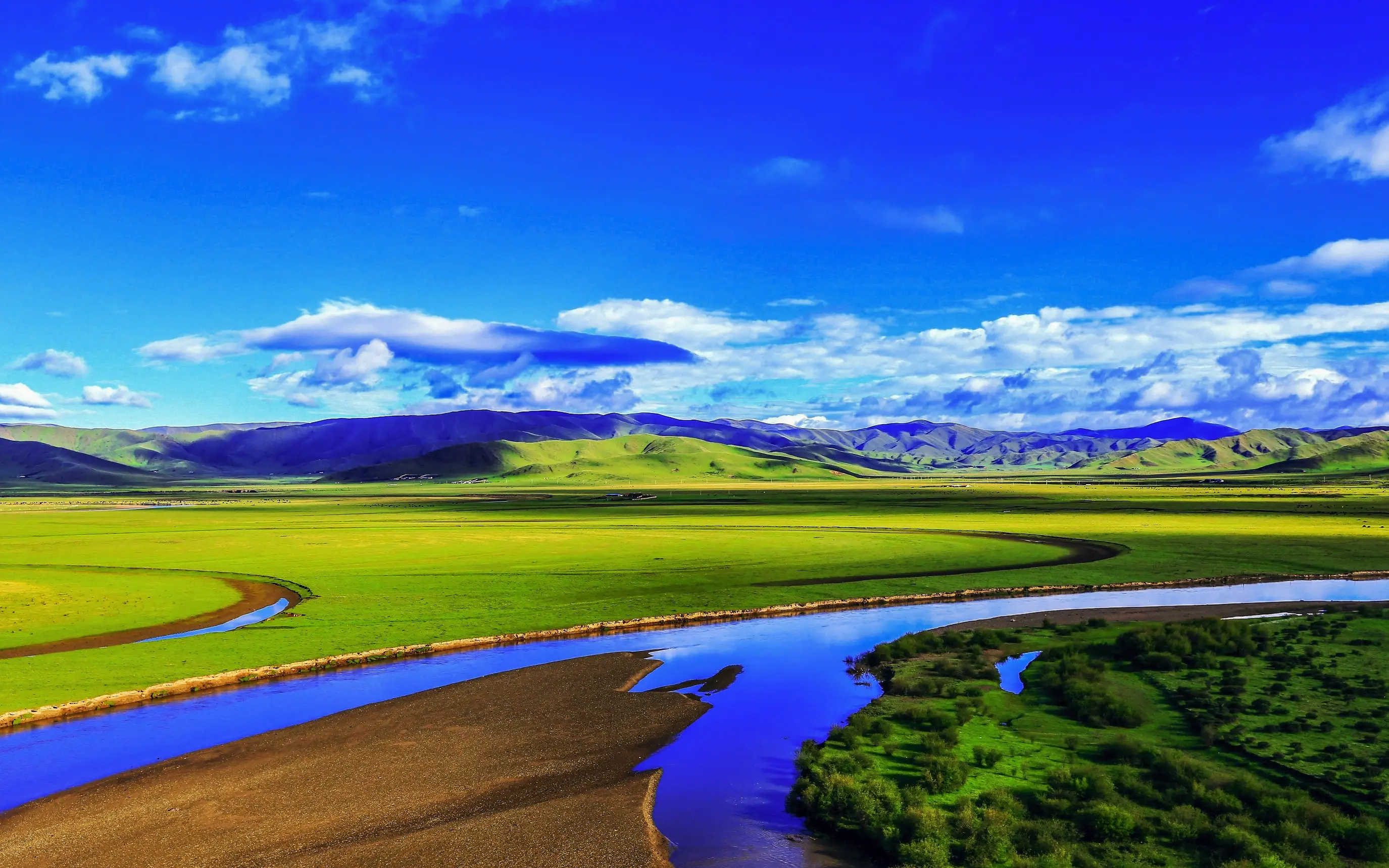
发表评论